Overview
When you’ve walked the emotionally intense road of fertility treatment, the one question that keeps surfacing is: after how many weeks IVF pregnancy is safe?
For many hopeful parents, those first few weeks after an embryo transfer feel both exciting and terrifying. And understandably so. IVF isn’t just a medical process – it’s an emotional investment, a journey paved with hopes and prayers. In this blog, let’s explore when you can finally breathe a little easier during an IVF pregnancy and understand the signs, stages, and safety milestones along the way.
Understanding the IVF Pregnancy Timeline
To start, it’s important to know what an IVF pregnancy timeline typically looks like. From ovarian stimulation to embryo transfer, the entire process takes about 6 to 8 weeks. But implantation success and early pregnancy milestones can differ slightly from natural pregnancies.
After the embryo is transferred into the uterus, the waiting game begins. A blood test (beta-hCG) is usually done 9–14 days post-transfer to confirm pregnancy. From this point, your journey follows the same gestational pattern as a natural pregnancy—with one key difference: more vigilant monitoring in the early weeks.
The Crucial First Trimester: Why Timing Matters
The early weeks, especially the first 12, are often the most nerve-wracking. That’s because this is when the risk of miscarriage is highest. Hence, IVF first trimester safety becomes a top priority.
So, after how many weeks IVF pregnancy is safe? Most fertility specialists agree that the pregnancy is considered relatively safe after 10 to 15 weeks – with the 12th week often marked as the golden milestone.
By this point, your baby’s heartbeat is usually visible on an ultrasound, the placenta is forming well, and the risk of miscarriage significantly drops. This is also when many couples feel confident enough to share their pregnancy news.
Key Factors Influencing IVF Pregnancy Safety
Safety isn’t determined by the calendar alone. Multiple factors come into play when assessing the health and viability of an IVF pregnancy:
– Implantation success IVF rate depends on embryo quality and uterine health.
– The embryo implantation weeks are critical. Strong implantation within the first 6–10 days post-transfer sets a solid foundation.
– Age, previous miscarriages, underlying conditions, and lifestyle can influence outcomes.
Keeping these in mind, IVF pregnancy risks are best managed with close monitoring, early ultrasounds, and proper prenatal care.
Recognizing Early IVF Pregnancy Symptoms
Just like natural pregnancies, there are some telltale signs in the first few weeks. Some common early IVF pregnancy symptoms include:
– Breast tenderness
– Mild cramping or spotting (implantation bleeding)
– Fatigue
– Mood swings
– Increased urination
While these are mostly harmless, any severe discomfort should always be reported to your fertility specialist immediately.
The Importance of the Safe Period in IVF Pregnancy
The term safe period in IVF pregnancy refers to that point where the risks reduce significantly. As mentioned earlier, this is typically after 12 weeks. By this time:
– The baby’s major organs begin to develop
– Hormonal support medications are tapered off
– The placenta takes over hormonal production
At this stage, most pregnancies continue to progress smoothly with regular check-ups and scans.
Navigating the Miscarriage Risk in IVF
Despite all precautions, the miscarriage risk IVF pregnancies carry is slightly higher than natural ones, especially for women over 35 or those with prior pregnancy loss. But the good news is that the difference in risk becomes negligible once you cross the 12-week milestone.
The key here is consistent prenatal care, managing stress, and following your doctor’s guidance. This minimizes risks and ensures both you and your baby stay safe.
Tracking Fetal Development in IVF
Fetal development IVF cases follow the same growth chart as naturally conceived pregnancies after the first few weeks. Regular ultrasounds help monitor everything from heartbeat to organ formation and movement.
Your doctor may suggest slightly more frequent scans early on, just to be on the safe side. But by the second trimester, the pregnancy is managed just like any other.
Tips for Optimal IVF Pregnancy Care
Here are a few essential tips to promote a safe, healthy pregnancy after IVF:
– Follow a balanced, nutrient-rich diet
– Avoid strenuous activities, smoking, and alcohol
– Get enough rest and reduce exposure to stress
– Take prenatal vitamins as prescribed
– Keep up with scheduled check-ups
These simple steps form the foundation of strong IVF pregnancy care and improve your chances of a full-term, healthy delivery.
Final Thoughts
So, after how many weeks IVF pregnancy is safe? Generally, once you’ve crossed the 12-week threshold, you’re well into the safe zone. However, each pregnancy is unique. Whether it’s your first IVF cycle or your third, trust your doctor, your body, and the process.
At Ova Fertility and Women Care, we walk with you through every stage – helping you feel confident, informed, and cared for. Remember, IVF is not just a treatment; it’s a new beginning. And you deserve to enjoy every step of the journey.
Frequently Asked Questions (FAQs) About Menopause
IVF pregnancy is generally considered safe after 12 weeks. This is when the risk of miscarriage significantly decreases, and key developmental milestones like heartbeat detection and placenta formation are achieved.
The first 12 weeks of IVF pregnancy carry the highest risk of miscarriage, making close monitoring essential. During this time, implantation is confirmed, early fetal development begins, and hormonal support plays a crucial role.
Common early IVF pregnancy symptoms include breast tenderness, fatigue, mild cramping, mood swings, and increased urination. These signs are similar to natural pregnancy symptoms but should be reported to your doctor if severe.
IVF pregnancy safety depends on embryo quality, uterine health, maternal age, previous miscarriages, and lifestyle habits. Close medical supervision and personalized prenatal care help manage these risks effectively.
After the 12-week safe period, focus on regular check-ups, healthy nutrition, moderate exercise, and emotional well-being. Your IVF pregnancy care transitions to a standard prenatal routine with added focus on fetal development


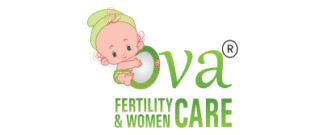


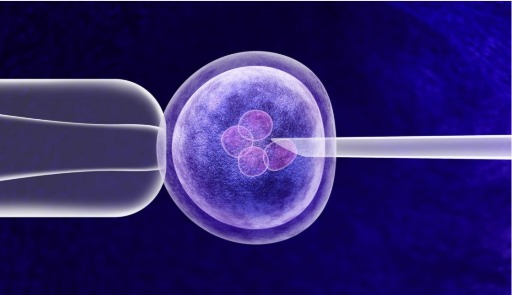
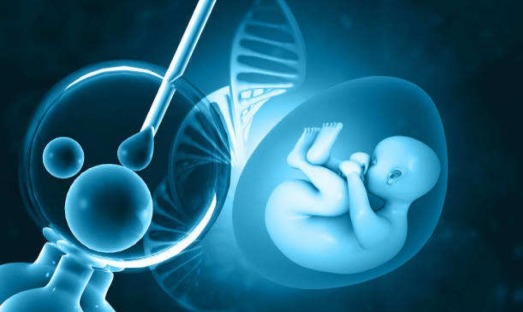
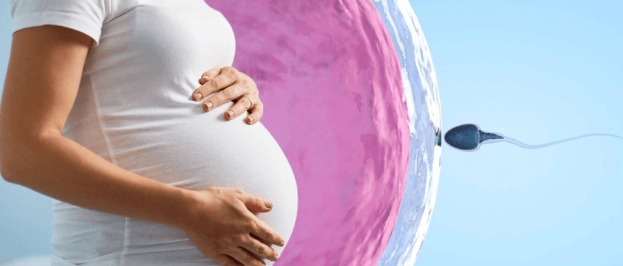

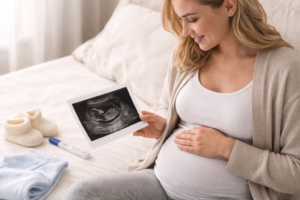
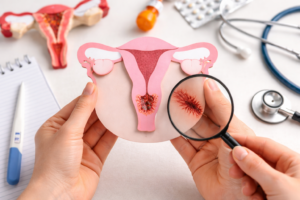
 No need to worry, your data is 100% Safe with us!
No need to worry, your data is 100% Safe with us!